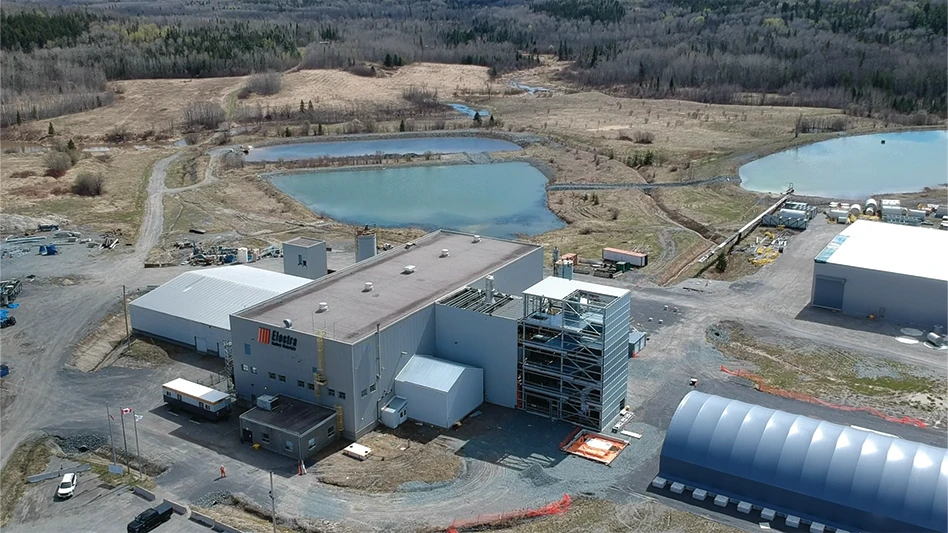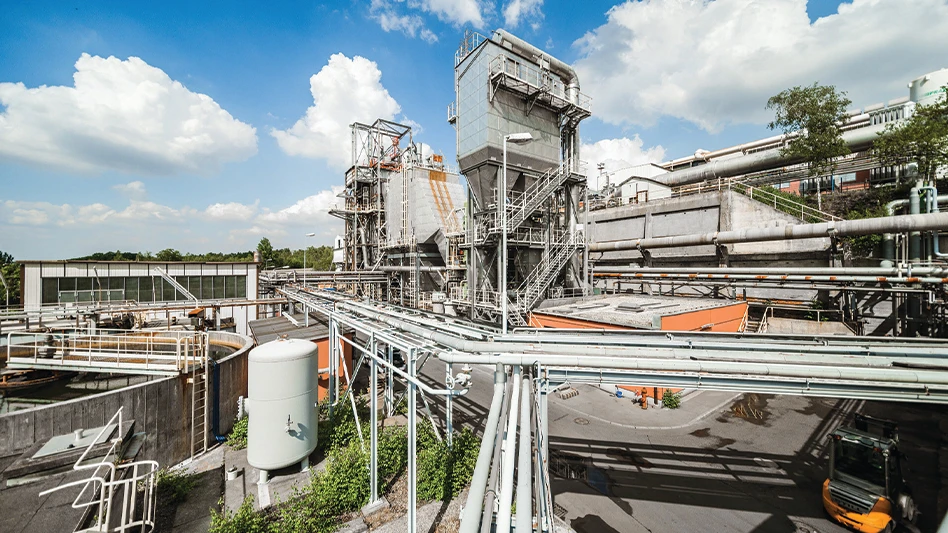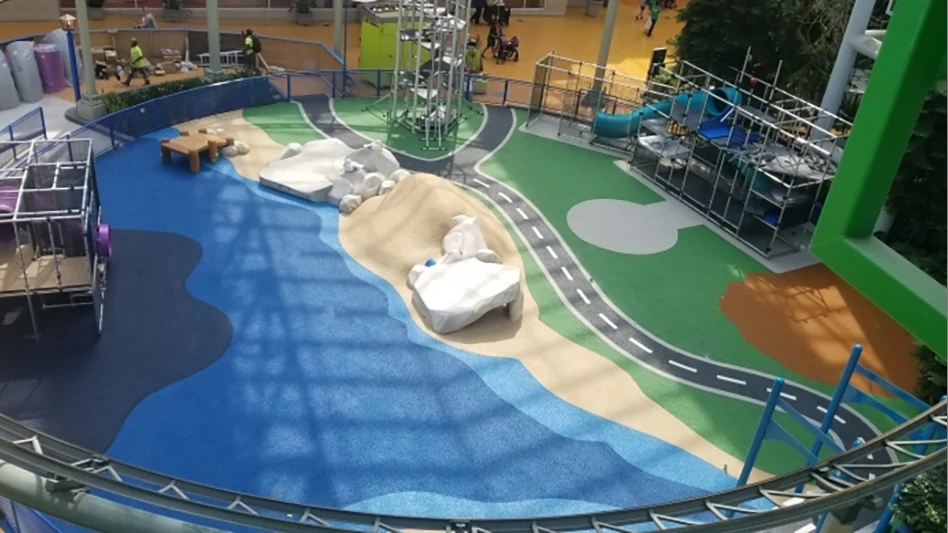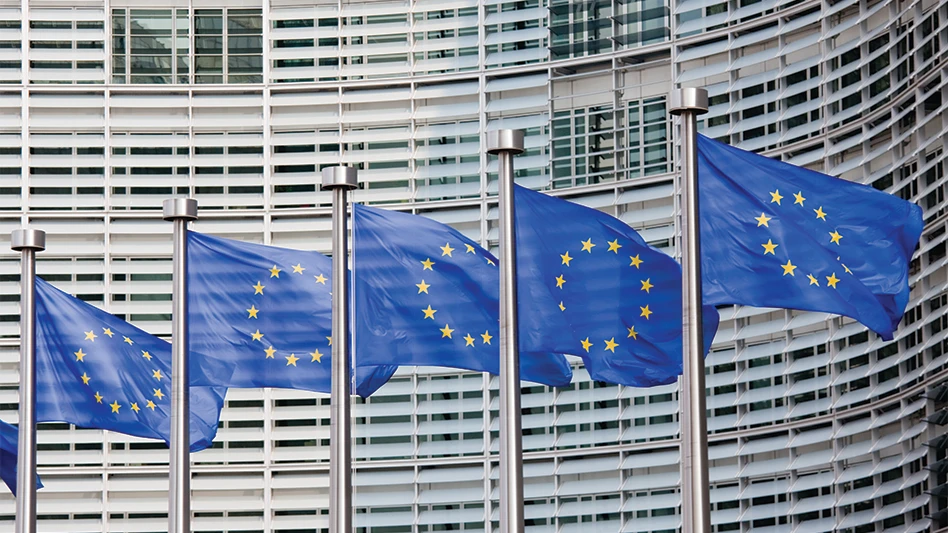
Lexington, Kentucky, Mayor Linda Gorton has announced that the city will take steps to boost its flagging recycling program. The Lexington Recycle Center temporarily suspended paper recycling May 14, affecting the city of Lexington and surrounding communities. The decision to suspend paper recycling stemmed from the steep downturn in recovered paper markets.
“I want to make the changes we need to make and get our recycling program back on track,” Gorton told the Lexington Herald-Leader. “I’m like a lot of citizens. Every time I put a piece of paper into the garbage can, I feel like I’m doing something wrong. Lexington citizens believe in recycling, and we are going to give them an effective and efficient program our city deserves.”
The city has hired the consulting firm Resource Recycling Systems (RRS), headquartered in Ann Arbor, Michigan, to help retool its recycling program. RRS will develop short- and long-term solutions for the program, the Lexington Herald-Leader reports, which in addition to struggling to find markets for recyclables has suffered equipment breakdowns, most recently of an eddy current separator that derailed operations for nearly a week, the newspaper reports.
The newspaper reports that potential solutions RRS is investigating include:
- private operation of the city’s material recovery facility on Thompson Road;
- new markets for recovered paper;
- contracts for crushed glass; and
- purchasing advanced glass recycling machinery.
The Lexington Herald-Leader reports that RRS will receive up to $224,855 for its report, though it is not clear when the company will present its recommendations based on the contract it signed with the city.
To address its issue with recovered fiber marketing, the city has been negotiating with two recycled paper mills that will soon open in the region, the newspaper reports.
The Lexington-Fayette Urban County Council also has appointed a special subcommittee to examine the city’s recycling operations.
Sponsored Content
Tackling the Extreme Grind
Built for the toughest applications, our Heavy Duty Granulators and Shredders deliver high-quality output, less waste, and efficient operations. With rugged designs and unmatched reliability, they’re ready for the extreme grind—keeping your production line moving and your recycling process profitable. Tackle more. Waste less. Perform at peak.
Get curated news on YOUR industry.
Enter your email to receive our newsletters.
Latest from Recycling Today
- Unifi launches A.M.Y. Peppermint, expands Repreve Takeback and ThermaLoop offerings
- Viridor reportedly up for sale
- Clearpoint Recycling adds finance director
- BlueScope cites US downstream write-off in earnings comments
- US Steel explosion kills two
- Sicon EcoShred Wiretec designed to recover metal from ICW
- Cleveland-Cliffs applauds tariffs expansion
- Tomra Recycling appoints VP of sales Americas









